2 Biohotels found in Osttirol (from 191)
2 Biohotels found in Osttirol (from 191)
-
default
Standard sorting explained
Standard Sortierung erklärt
Die Sortierung erfolgt nach der Anzahl von Punkten, die ein Organic hotel-Eintrag gesammelt hat (0 bis 400 Punkte).
Punkte erhält ein Eintrag für Vollständigkeit (ausgefüllte Eigenschaften und Bilder), Bewertungen und Premium.
In Kombination mit der Freitextsuche zeigen wir vorrangig zum Suchbegriff passende Organic hotels.
- Number of Reviews
- reviews
- Latest entries first
- Distance from my location
-
Distance from ?
Distance from the center of the area
Distance from the center of the area
For towns, districts and postal code areas, the results can be sorted here by distance from the center.
-
BIO HOTEL Blasla Hof – surrounded by silence, freedom, meadows and forests.
39030 Gsies, Trentino-South Tyrol, Italy
Hotel type:ORGANIC city hotel ORGANIC holiday hotelORGANIC city hotelORGANIC holiday hotelOrganic content:100% organic100% organic
 413
413Data is loading...
Data is loading...
-
vegan certified inn in East Tyrol
9992 Iselsberg, Tyrol, Austria
Hotel type:ORGANIC VEGAN HotelORGANIC VEGAN HotelOrganic content:100% organic100% organic184Data is loading...
Organic vacation in East Tyrol
Although East Tyrol, as the congruent administrative district of Lienz in the Austrian state of Tyrol , has a good 2,000 km², only about a fifth of the total area of its “bigger brother” North Tyrol with over 10,000 km², nevertheless this authentic alpine region between Salzburg , Carinthia , Trentino-South Tyrol and Veneto offers one incomparable and in many places almost completely untouched nature. Around the Hohe Tauern and the Carnic Alps in the Defereggental, Gailtal, Iseltal, Kalser Tal, Pustertal and Virgental, the mountain world remains pristine to this day. People here have been living in harmony with their environment for centuries, preserving, maintaining and using it as sustainably and conscientiously as possible.
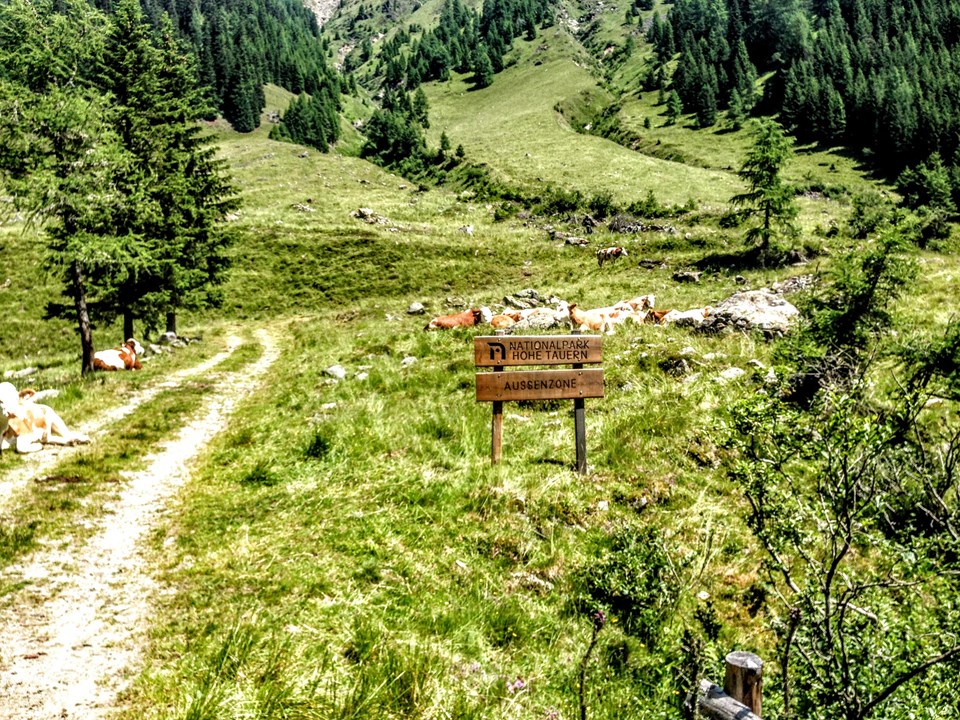
Despite tourism, the region has retained its natural charm
Knowledge of the connections between biology and ecology was essential for sufficient agricultural yields in the sometimes quite inhospitable mountains, especially before the beginning of tourism from the middle of the 19th century. As part of the gradual development of the region for tourism with the construction of the Pustertalbahn in 1871 and the expansion of overnight accommodation until the late 1930s, care was taken not to spoil the area's scenic capital through "construction sins". After 1945, East Tyrol was able to seamlessly build on its popularity; the Lienz Dolomites in the southeast, the southwestern Hochpustertal around Sillian, Ausser- and Innervillgraten as well as Ober- and Untertilliach, today's national park region around Matrei in East Tyrol, Prägraten, benefited from the construction of the Felbertauernstrasse in the 1960s on the Großvenediger and St. Johann im Walde in the north as well as the western Defereggental with St. Jakob, St. Veit and Hopfgarten.
The Hoher Tauern Nature Park is the proud flagship for organic holidays in East Tyrol
The most important milestone and signpost for nature and organic holidays in East Tyrol was certainly the opening of the largest national park in Austria and Central Europe with an area of almost 1,900 km² in 1981. The Hohe Tauern National Park is home to glacier fields, grass and shrub heaths, coniferous forests and streams , mountain lakes and waterfalls an extremely diverse fauna and flora with over 10,000 animal and more than 1,800 plant species. European, landscape, special and bird protection areas as well as numerous natural forest reserves and natural monuments make up a large part of the national park territory, almost 90% of which lies in East Tyrol. In the National Park House and in the Kesslerstadel in Matrei as well as in the House of Water in St. Jakob in Defereggen, interested visitors can learn extensively about the Alpine flora and fauna as well as some unique biotope types and typical animals of the region such as vultures and chamois in exhibitions, seminars, conferences and lectures , ibexes and golden eagles provide information.
The best way to get to know nature is on expertly guided hikes
The hikes on a total of 17 nature trails in the East Tyrol National Park region are particularly popular among nature lovers, where the highly trained and experienced national park rangers can take you, for example, to the Zirbenwald nature and culture trail, the Umbal Falls water trail, the Innergschlöss glacier trail and the Zedlacher Paradies forest trail shown and explained in detail. The national park hiking bus, which is offered in cooperation by the national park administration and the Austrian Alpine Association and is regularly the starting point for multi-day hikes, circular and mountain tours in Defereggen, Kalser and Virgen, is also recommended for a nature-friendly organic holiday on site - and heads for Tauerntal. Well-known and attractive routes through the national park also lead through the Debanttal and the Ködnitztal, along the Kalser Glocknerstrasse and to the 15 Jagdhausalmen in the Defereggental, which are among the oldest alpine pastures in Austria.
To refresh yourself after the tour, stop off and eat delicious “delicacies”.
The certified national park partner businesses are the best place to stop and stay in the East Tyrolean National Park region. In the 3 to 4 star hotels, the selected inns, holiday apartments, guesthouses and farms , guests can count on high quality and ecologically compatible facilities Facilities and the guaranteed use of regional products with a guarantee of origin. In these dining establishments and institutions you can also get to know the rustic Tyrolean inn culture and taste the characteristic regional specialties. The two gourmet regions “East Tyrolean mountain lamb” and “East Tyrolean potato” are specially designated thematically. The three dozen “gourmet inns” in the area also serve delicious dishes such as East Tyrolean huchen (Danube salmon), Tyrolean bacon and ham as well as beer produced in small home breweries Brandy distilled according to ancient recipes. The 13 national park partner hosts also serve local “delicacies” such as “Schlipfkrapfen” (dumplings), “Nigelen” (sweet poppy seed doughnuts) and “Schöpsernes” (Lungau roast sheep).
Interesting Organic hotels
PremiumPremium Organic hotels are displayed here.
-
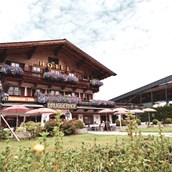 Bruggerhof – Camping, Restaurant, Hotel
Bruggerhof – Camping, Restaurant, Hotel
Kitzbühel at its most sustainable
Kitzbühel -
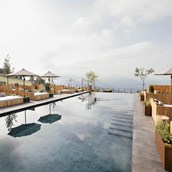 Boutique Biohotel Gitschberg
Boutique Biohotel Gitschberg
1,400 meters above everyday life
Meransen -
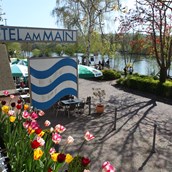 Hotel am Main
Hotel am Main
Your organic hotel directly on the Main. Always personal.
Veitshöchheim -
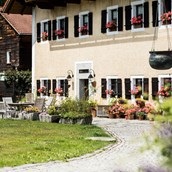 Bio-Landgut Tiefleiten Fastenhotel
Bio-Landgut Tiefleiten Fastenhotel
An inspiring place to retreat, recharge your batteries and find peace.
Breitenberg -
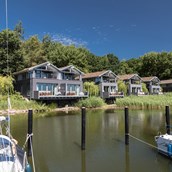 im-jaich Naturoase Gustow
im-jaich Naturoase Gustow
Relax in the shore houses of the natural oasis
Gustow -
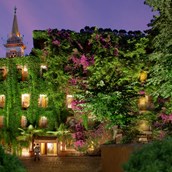 Bio Hotel Raphaël
Bio Hotel Raphaël
Luxurious sustainability and dining above the rooftops of Rome!
Rom
Regions and locations with Organic hotels in Osttirol
More popular Organic hotel properties in Osttirol
- all Organic hotels with Organic content: 100% organic in Osttirol 2
- all Organic hotels with Organic cuisine: 100% organic cuisine in Osttirol 2
- all Organic hotels with Hotel type: ORGANIC city hotel in Osttirol 1
- all Organic hotels with Hotel type: ORGANIC holiday hotel in Osttirol 1
- all Organic hotels with Hotel type: ORGANIC VEGAN Hotel in Osttirol 1
- all Organic hotels with Price range: € in Osttirol 1
- all Organic hotels with 100% organic certified in Osttirol 1
- all Organic hotels with BIO HOTELS® certified in Osttirol 1
- all Organic hotels with Award / Certificate / Partner: Member of the BIOHOTELS® association in Osttirol 1
- all Organic hotels with Organic hotel features: Natural garden in Osttirol 1
- all Organic hotels with Organic hotel features: Natural swimming pond in Osttirol 1
- all Organic hotels with Energy supply: 100% green electricity in Osttirol 1
- all Organic hotels with Waste management: Measures to avoid waste in Osttirol 1
- all Organic hotels with Regional products in Osttirol 1
- all Organic hotels with Certified natural cosmetics in Osttirol 1
- all Organic hotels with Water saving measures in Osttirol 1
- all Organic hotels with TCM in Osttirol 1
- all Organic hotels with Organic cuisine: Purely vegan cuisine in Osttirol 1
- all Organic hotels with Organic cuisine: Allergy kitchen in Osttirol 1
- all Organic hotels with Organic cuisine: Organic breakfast in Osttirol 1
- all Organic hotels with Organic cuisine: Gluten-free food possible in Osttirol 1
- all Organic hotels with Organic cuisine: Lactose-free food possible in Osttirol 1
- all Organic hotels with Organic cuisine: Regional dishes in Osttirol 1
- all Organic hotels with Organic cuisine: Raw food possible in Osttirol 1
- all Organic hotels with Organic cuisine: Seasonal dishes in Osttirol 1
- all Organic hotels with Catering: Breakfast in Osttirol 1
- all Organic hotels with Catering: Half board in Osttirol 1
- all Organic hotels with Allergy-free rooms in Osttirol 1
- all Organic hotels with Sun terrace in Osttirol 1
- all Organic hotels with WIRELESS INTERNET ACCESS: without WiFi in Osttirol 1
- all Organic hotels with also for families with children in Osttirol 1
- all Organic hotels with Wellness in Osttirol 1
- all Organic hotels with Massages in Osttirol 1
- all Organic hotels with Environmental focal point: Mountain in Osttirol 1
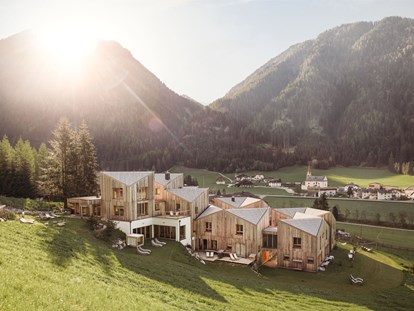
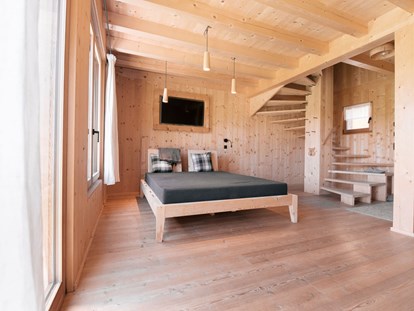
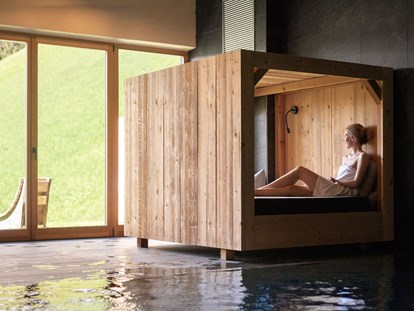
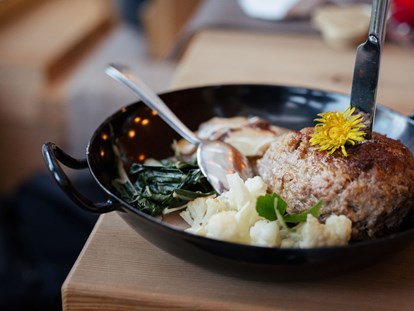
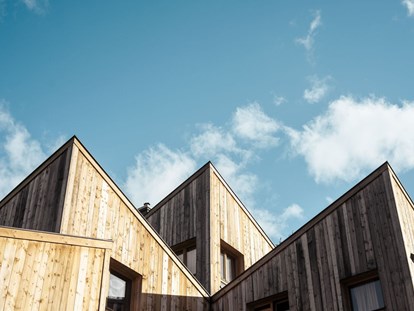
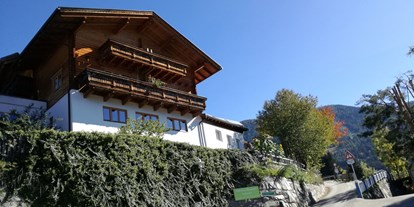
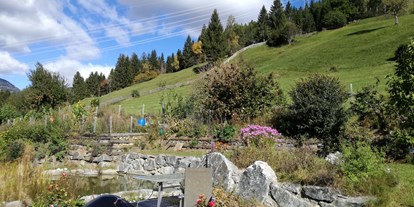
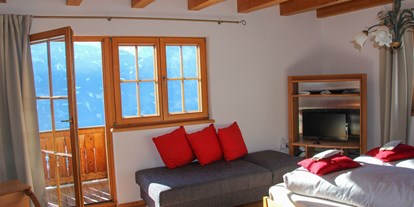
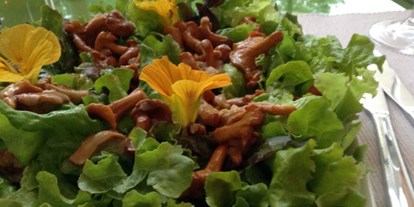
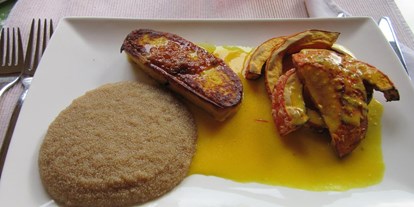
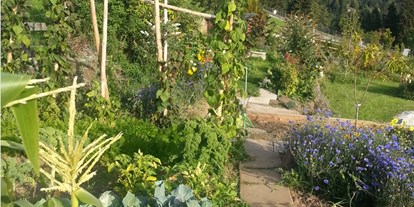
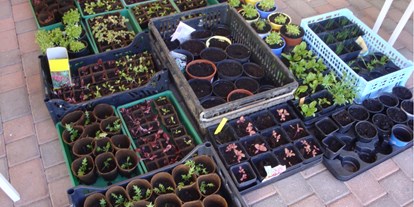
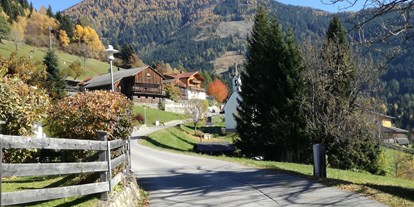
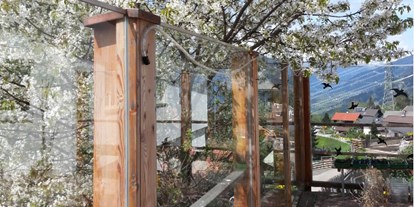
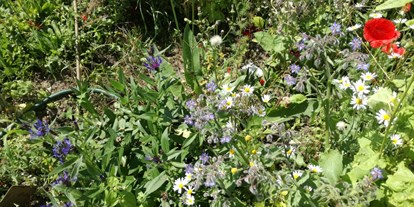
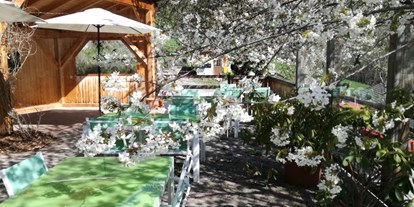
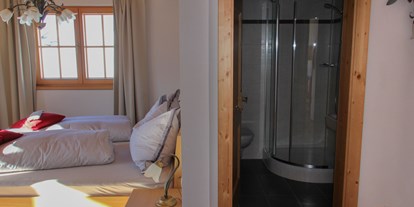
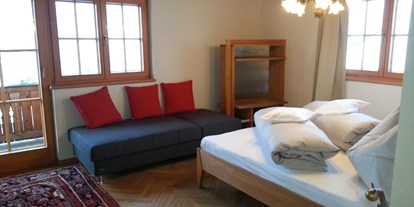
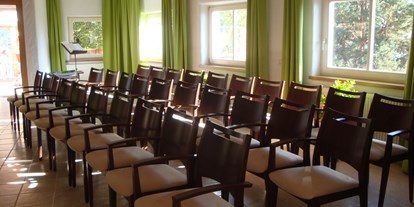
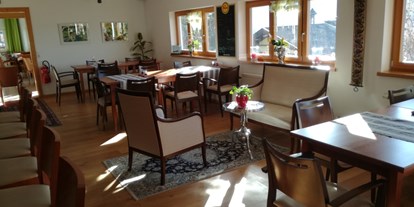
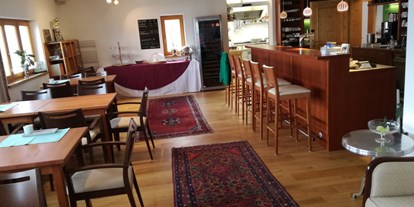
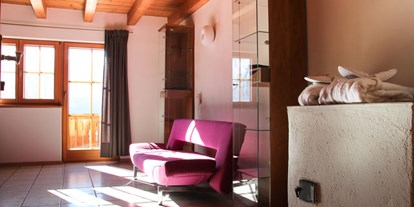
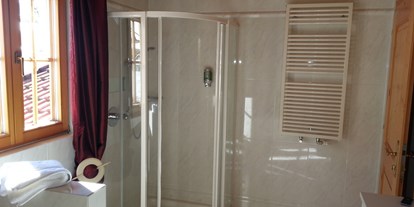
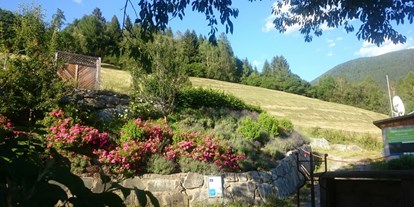
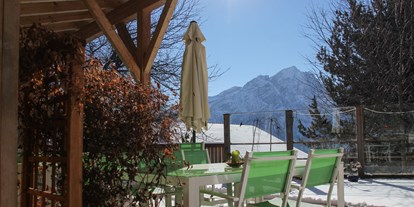
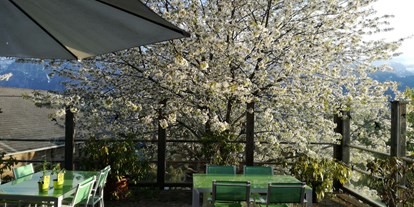
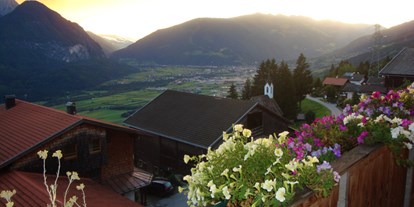
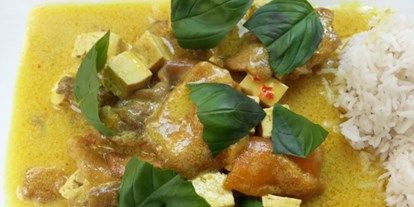
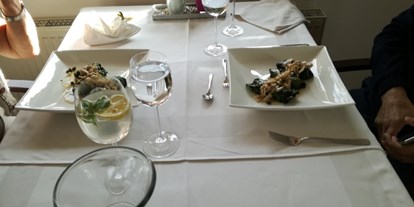
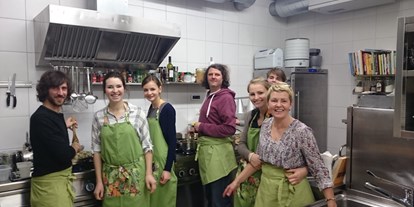
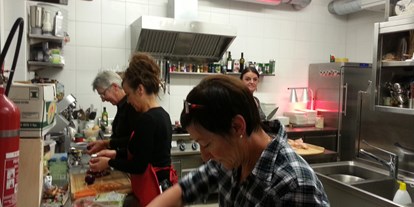
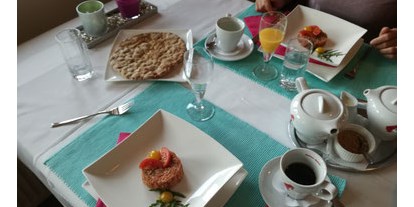
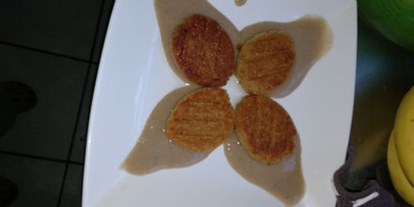
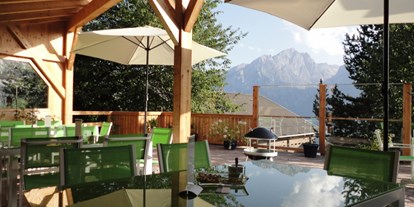
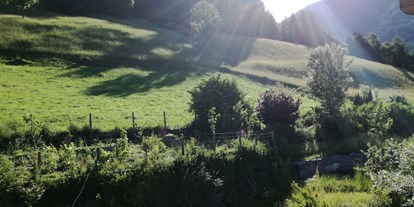
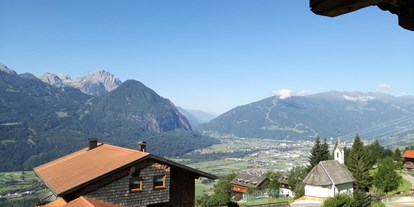
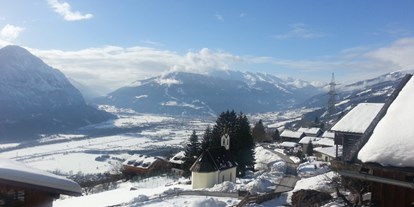
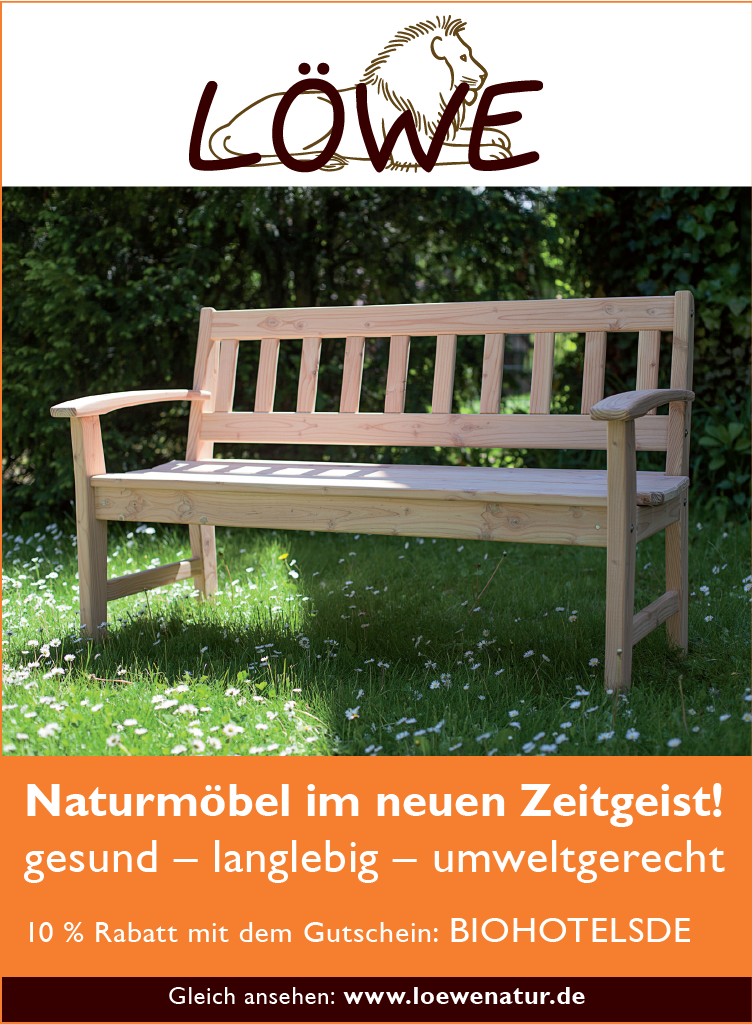
.png)